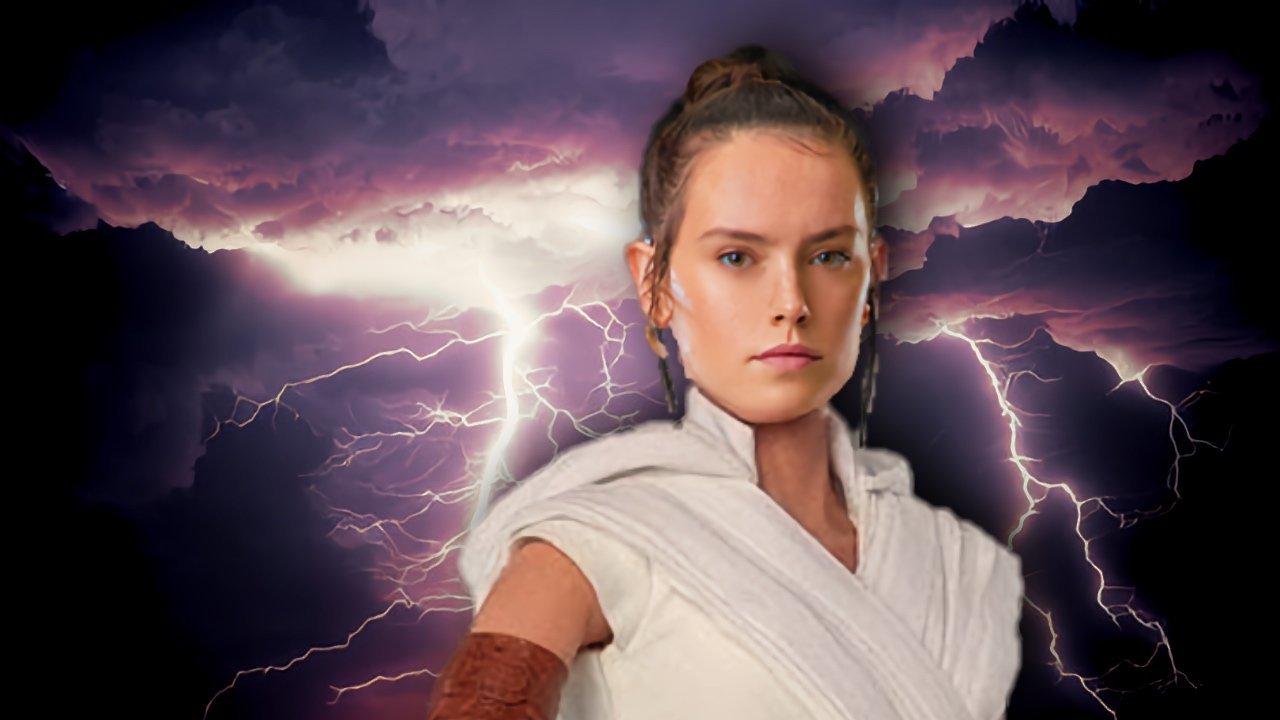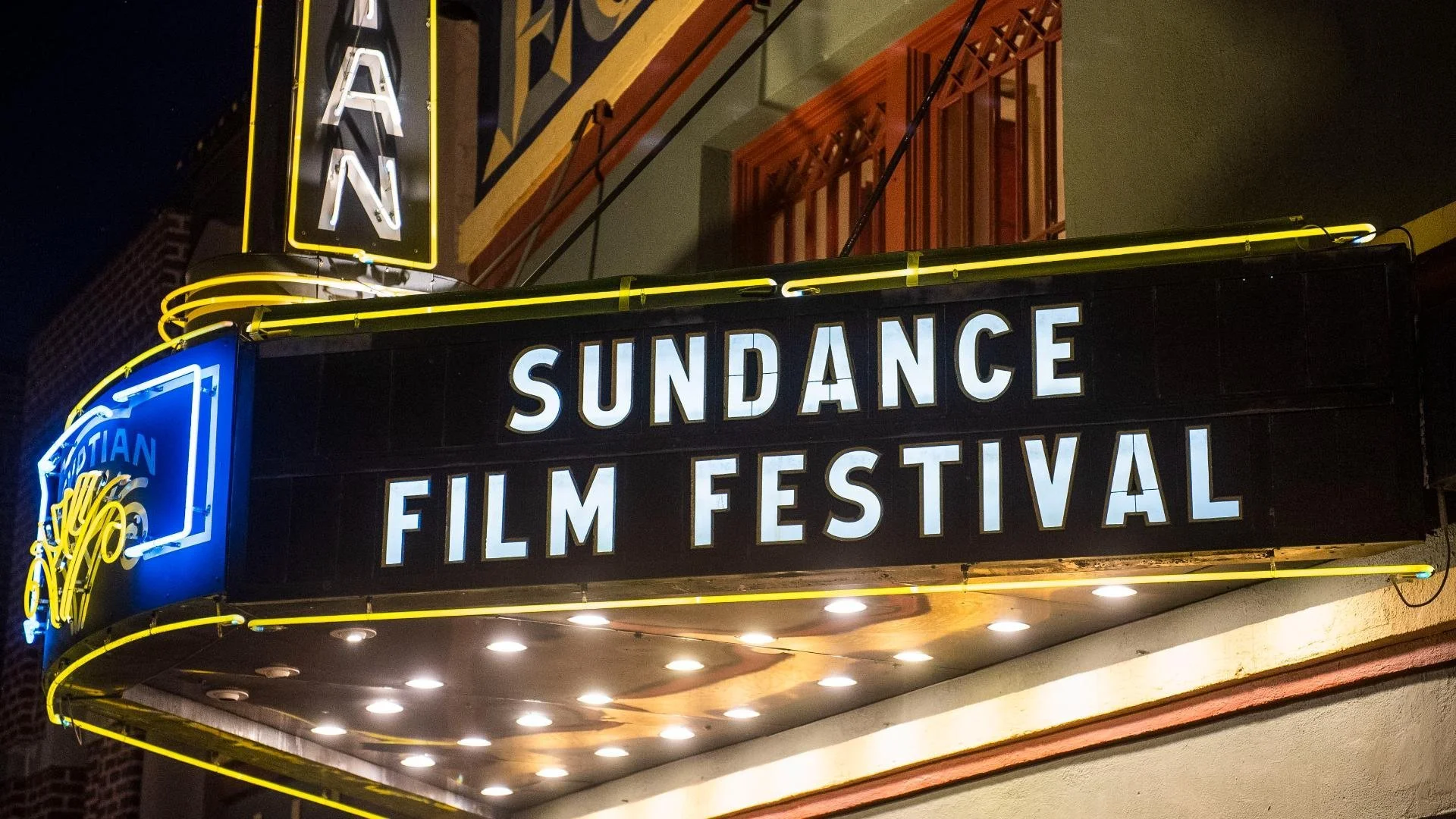Daisy Ridley Discusses Her Movie And The Future Of 'Star Wars'
Image Source: The Movie Fashion
A group of terrorists hijacks a skyscraper where a big celebration is taking place, and only a lone wolf can save the day.
The seemingly common DNA of 1988's Die Hard and Cleaner (hitting theatres on February 21) isn't lost on the latter's main star, Daisy Ridley:
"I called it Dry Shard because we were supposed to be on the Shard".
During production, the location changed from London's iconic skyscraper to One Canada Square, but the premise remains the same:
Ridley plays Joey Locke, a former soldier who now works as a window cleaner and has to stop a group of radical activists from blowing up the building. The stakes get even higher when Locke discovers that one of the people inside the skyscraper is her neurodivergent brother, Michael, played by Matthew Tuck, who always carries Thor's hammer with him.
In preparation for her role, the actress spoke with people who have neurotypical and neurodivergent members in their family to get a sense of how she should best react to the behavior of her "brother".
RELATED:
But the most demanding shots were those on the window cleaning cradle outside the building.
“We would be doing Scene 10 and then Scene 30 right after, depending on the cradle, because it was such a specific thing of where I was on the building and how I was strapped in, and maintaining that energy was exhausting.”
While Ridley's focus now is clearly on Cleaner, she can't escape the hype about a project in her near to mid future: the so-called New Jedi Order movie, to be directed by Sharmeen Obaid-Chinoy. The film was initially intended to be the next Star Wars to hit the big screen before it was replaced by The Mandalorian and Grogu recently got a new writer with George Nolfi.
Nolfi, who, among others, has written The Bourne Ultimatum and The Sentinel, might add a more political tone to the post-Episode IX movie, and he sees precedence for this:
“If you think about George Lucas, the six movies that he did, and the universe that he created, it’s actually very steeped in broad notions of politics.”
He is not wrong, though, as George Lucas initially intended the first Star Wars film to be an allegory of the Vietnam War, and who could forget the "taxation of trade routes" in the opening crawl of The Phantom Menace?
Ridley agrees with Nolfi's assessment: “I feel like [the Star Wars films] are all political. I feel like it's the individual versus the big corporation or the big group, so I think they always have been."
She also emphasizes another core aspect of what makes Star Wars great: “And ultimately I think the films are emotional in that it's good and evil, which we all can relate to very specifically in our day-to-day lives."
READ NEXT:
Source: Inverse














